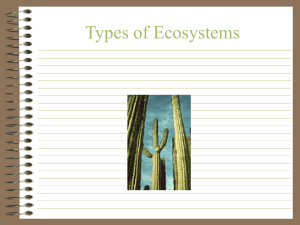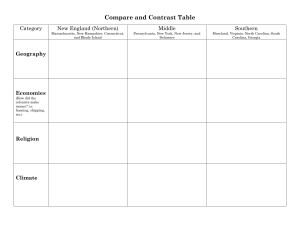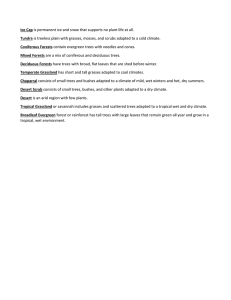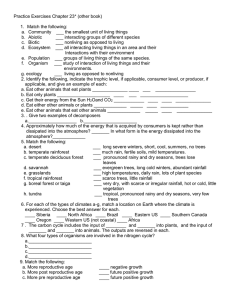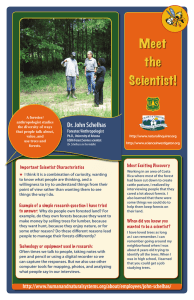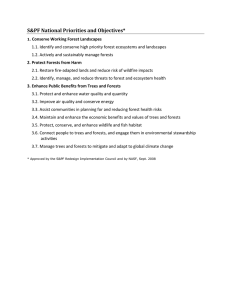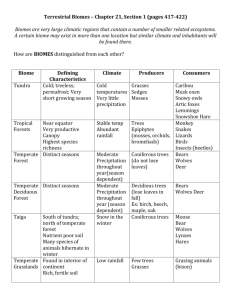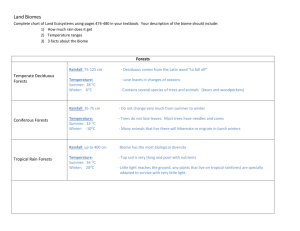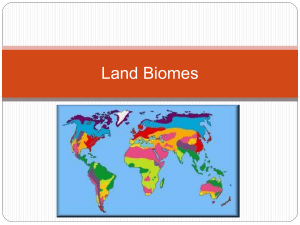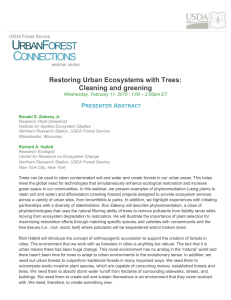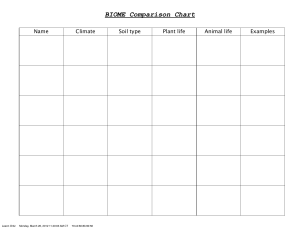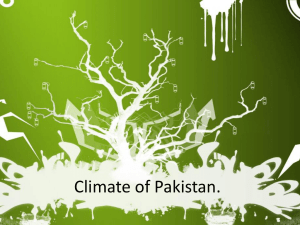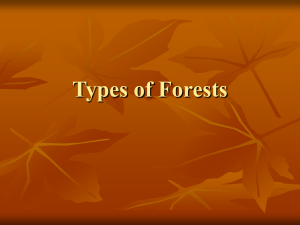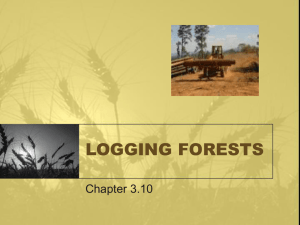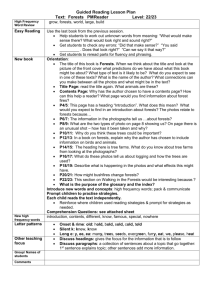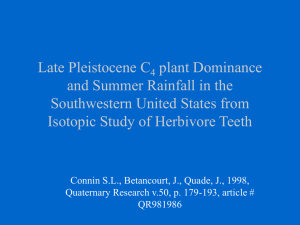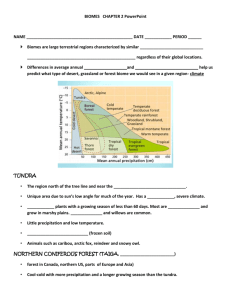Native American Cultural Regions
advertisement
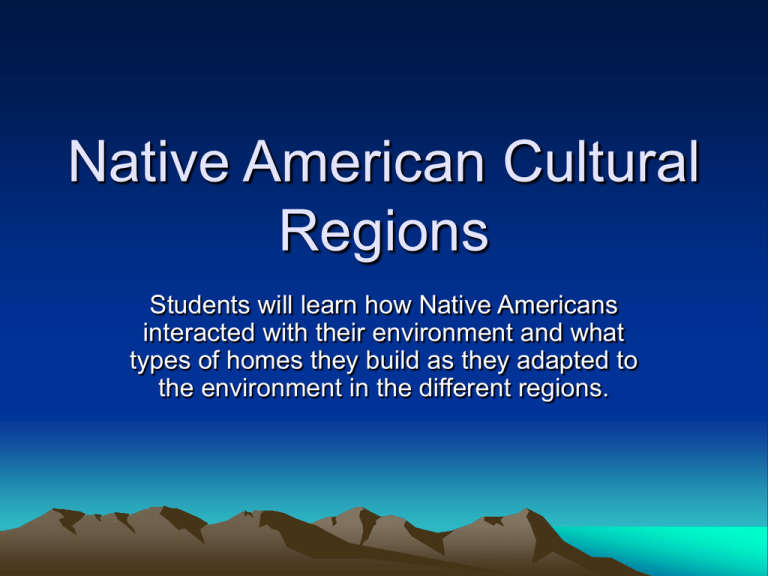
Native American Cultural Regions Students will learn how Native Americans interacted with their environment and what types of homes they build as they adapted to the environment in the different regions. Native Americans of the Northwest Coast • Mild climate. • Heavy rain most of the year. • Dense fir, pine and cedar forests. Native Americans of the California-Intermountain Region • • • • • Extreme heat and cold. Very little rainfall. Few plants and animals. Redwood trees along the coast. Oak trees, grasses and berries grew inland. Native Americans of the Southwest • • • • Very little rainfall. Days were hot and the nights were cold. Very few trees and other plants. Adobe- a type of clay that hardens like cement used to build homes. Native Americans of the Plateau • • • • Very light rainfall. Summers very hot and winters very cold. Forests grew near the mountains. Various types of animals survive in the Plateau. • Thick grasses and berries were plentiful. Native Americans of the Great Plains • Cold winters and hot summers. • Treeless grassland. • Home to many animals like buffalo, deer, bears and antelope. Native Americans of the Eastern Woodlands • Many hills and valleys. • Four different seasons (winter, spring, summer, fall). • Plentiful rain. • Rich woodland forests with birch, oak and maple trees. • Home to many turkeys, deer, and beavers. Native Americans of the Southeast • River valleys, mountains, coastal plains, and swamps. • Sharp grasses and forests. • Deer, fish, alligators, and snakes lived in this area. • Now you will see various pictures of homes build by Native Americans who lived in these cultural regions. • With your group, you must decide which Native American region would have built this home.

